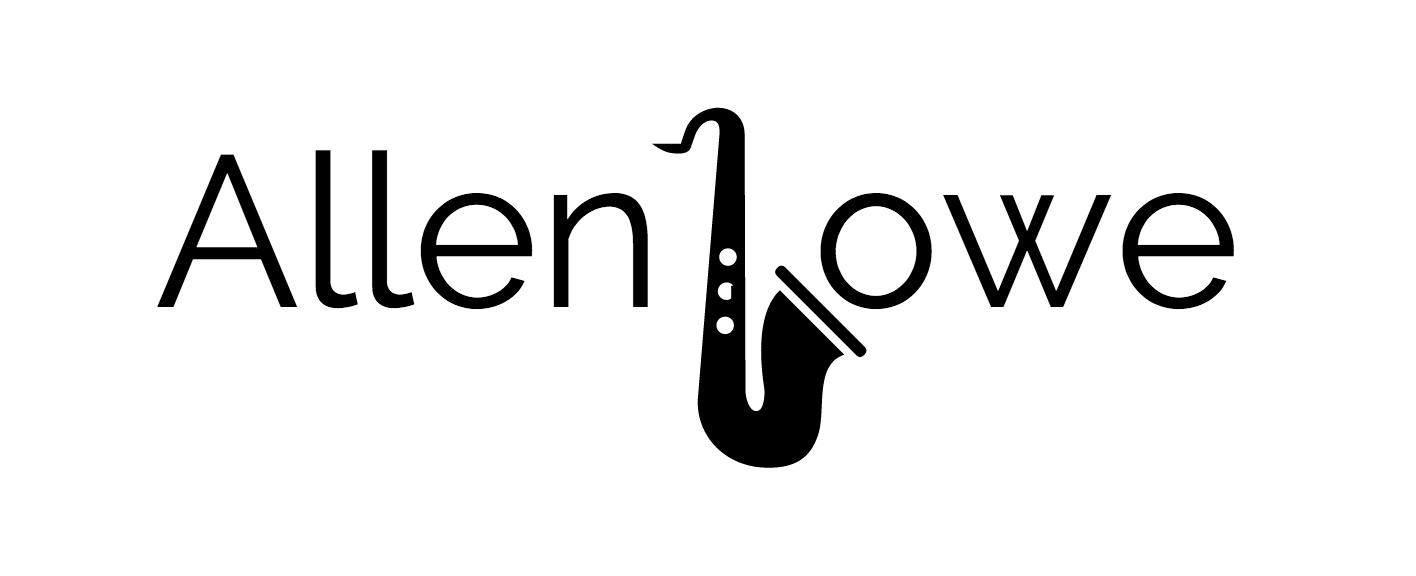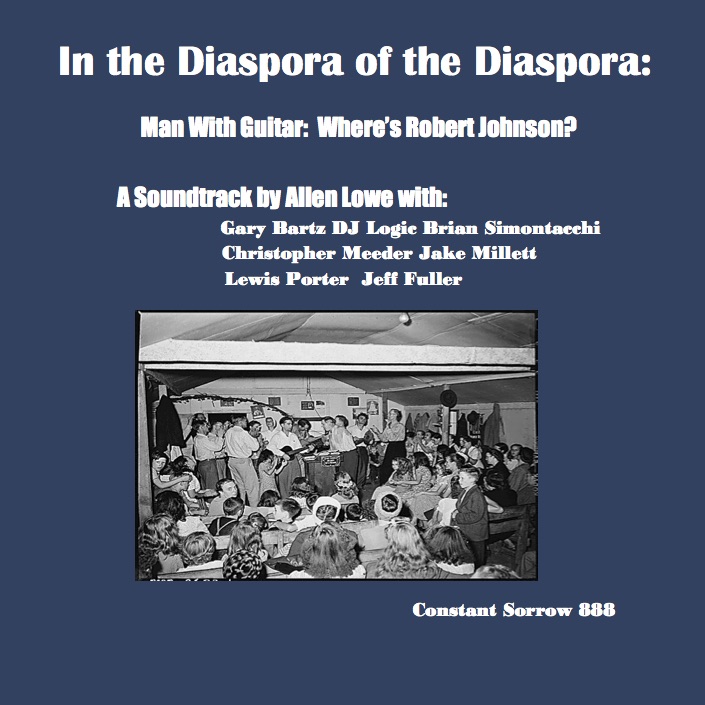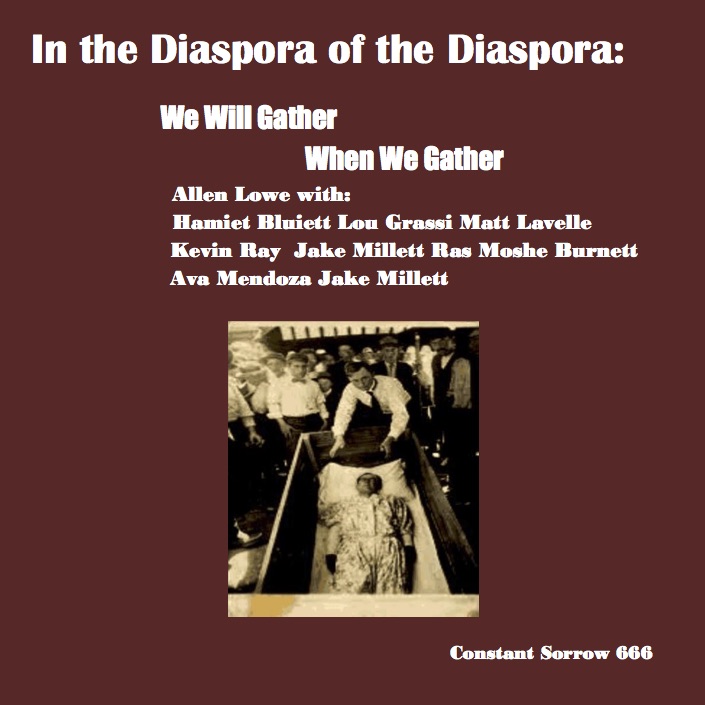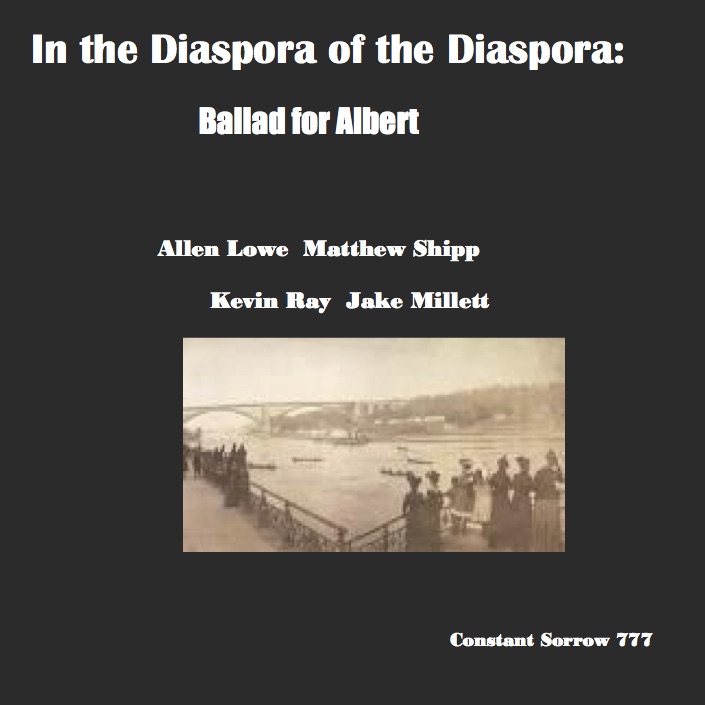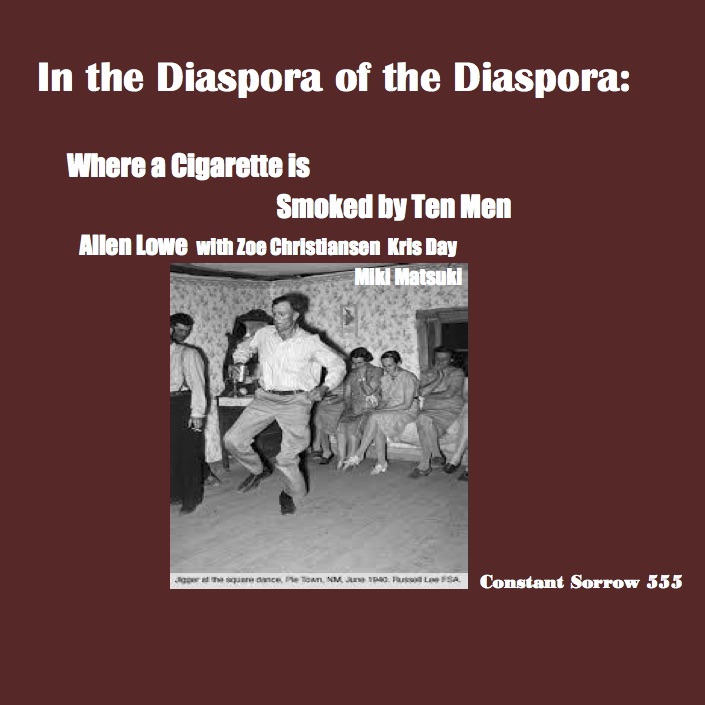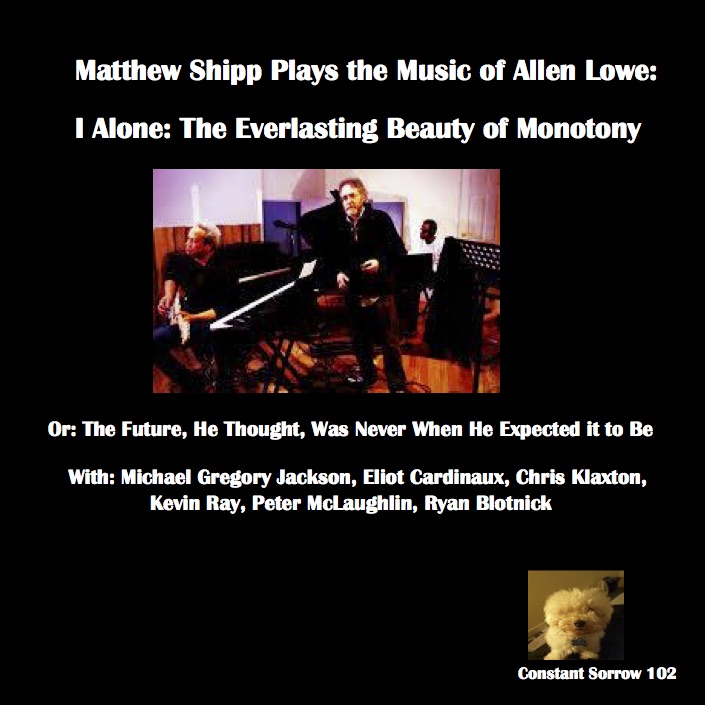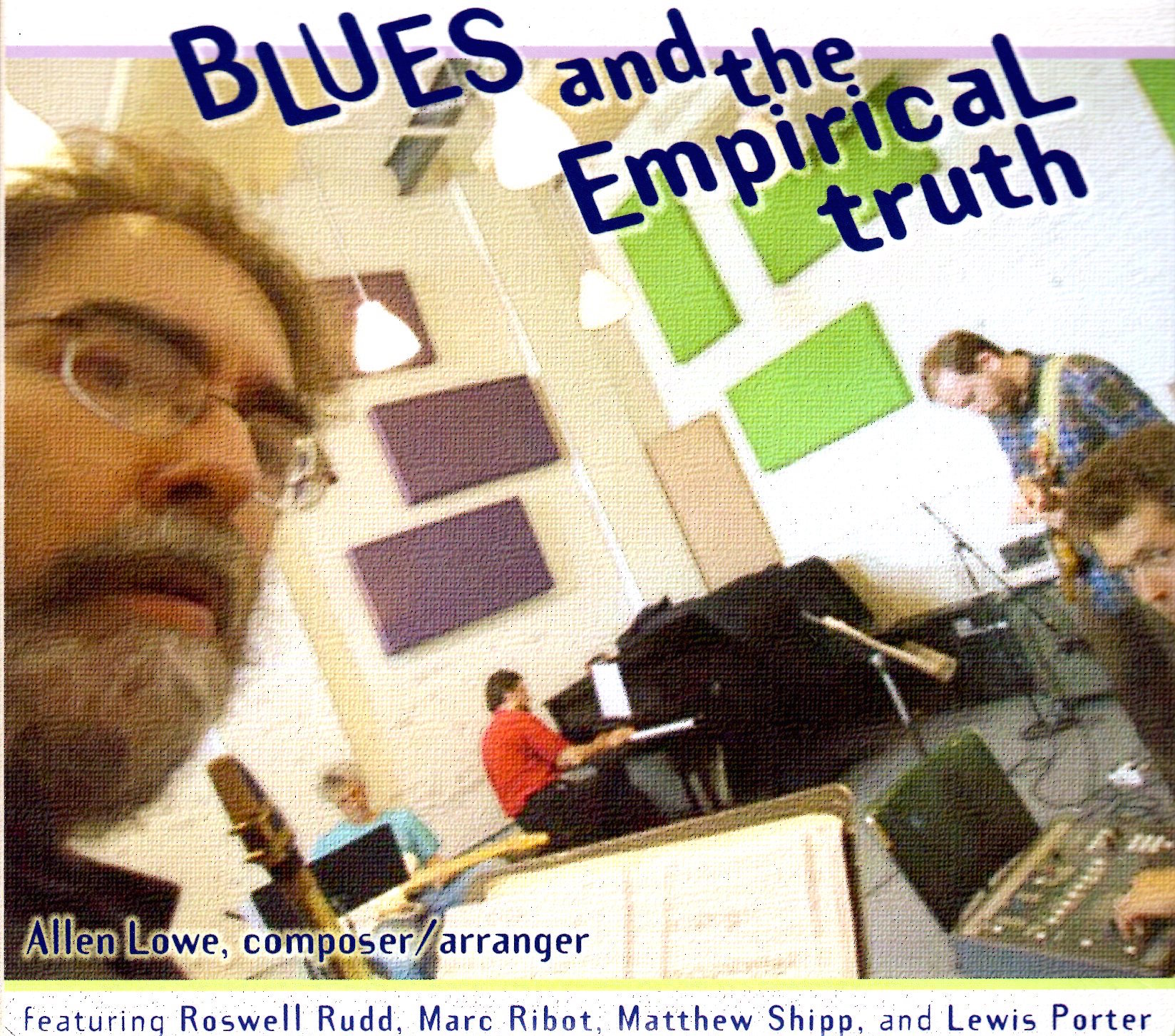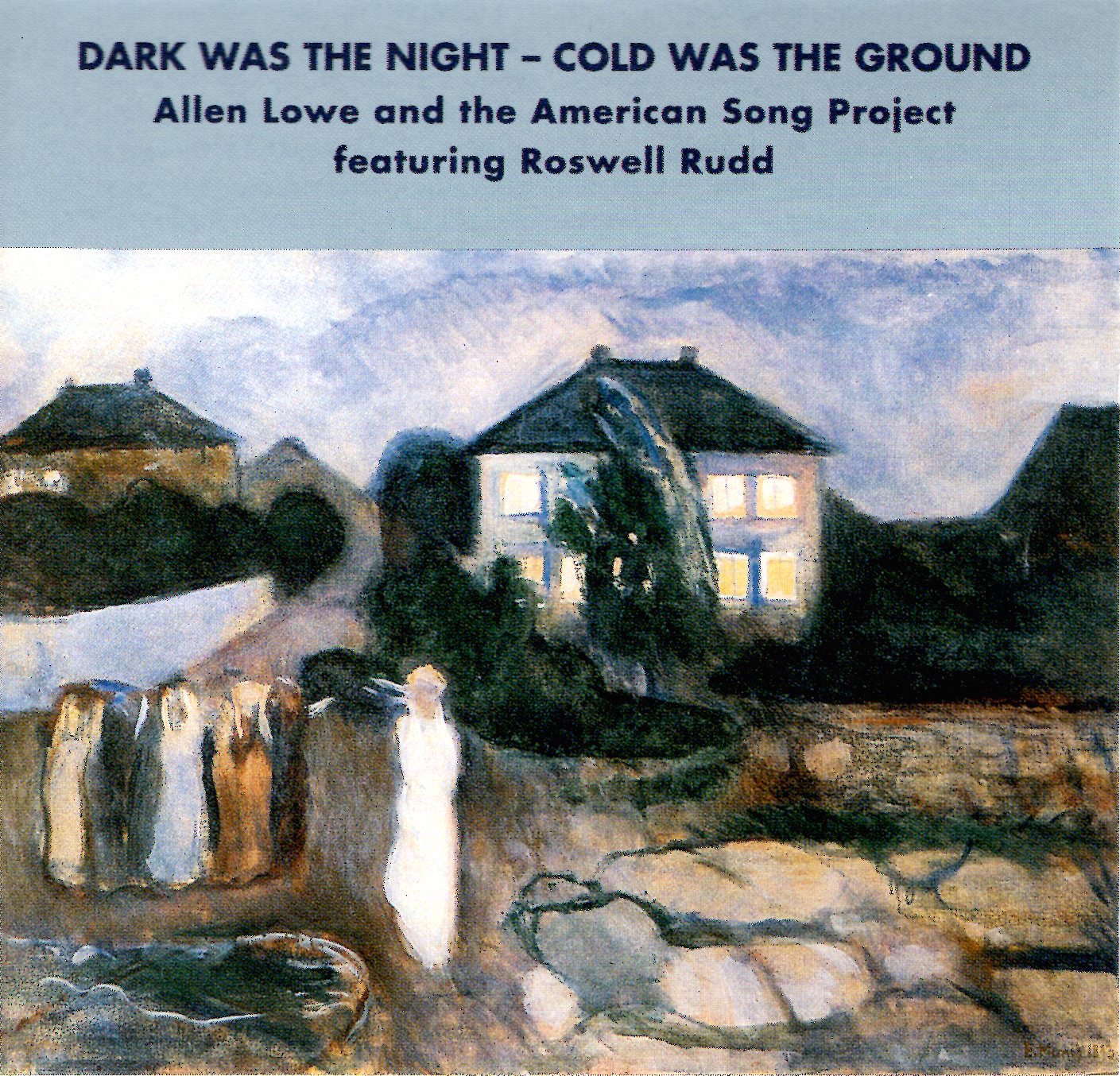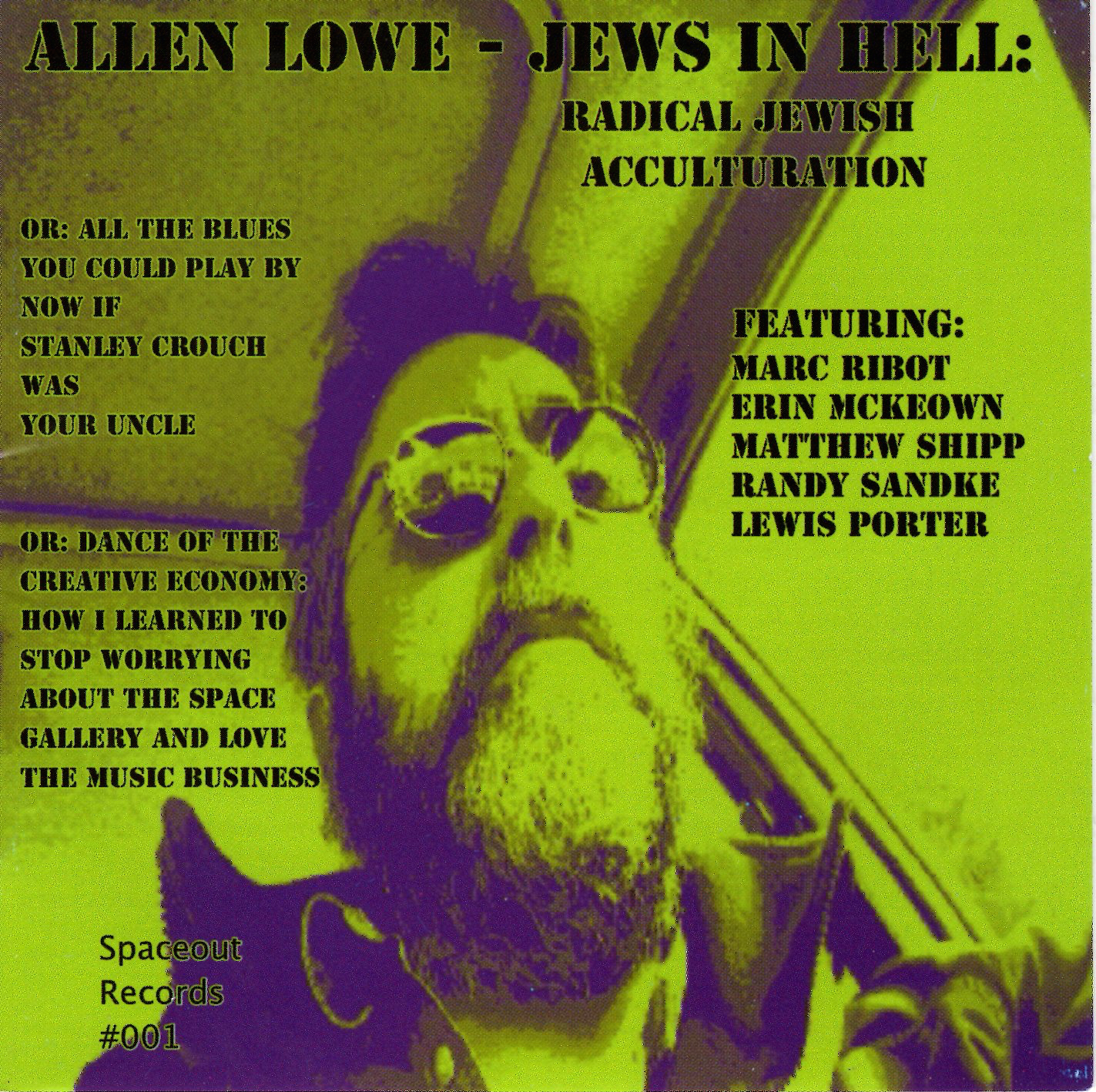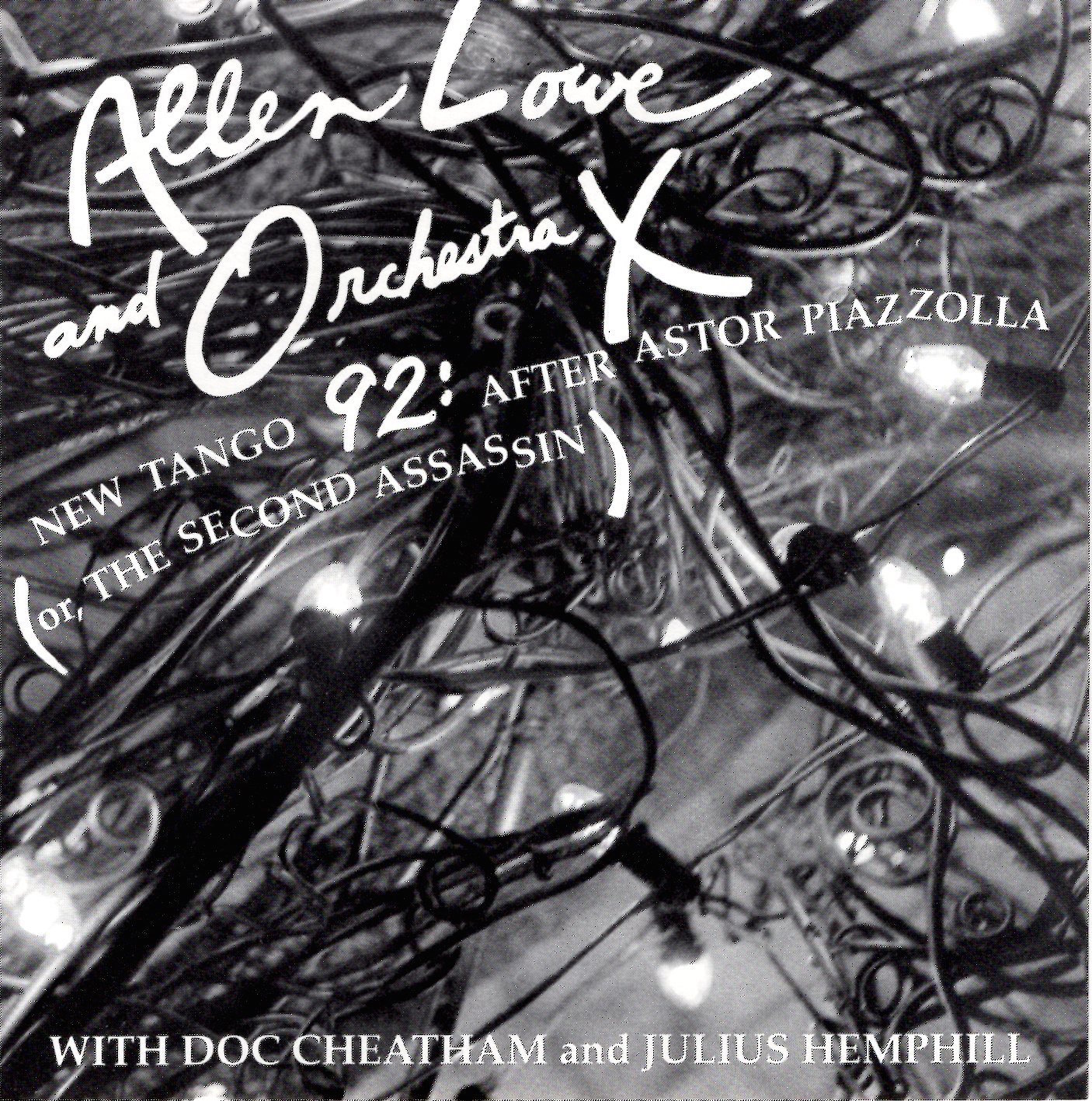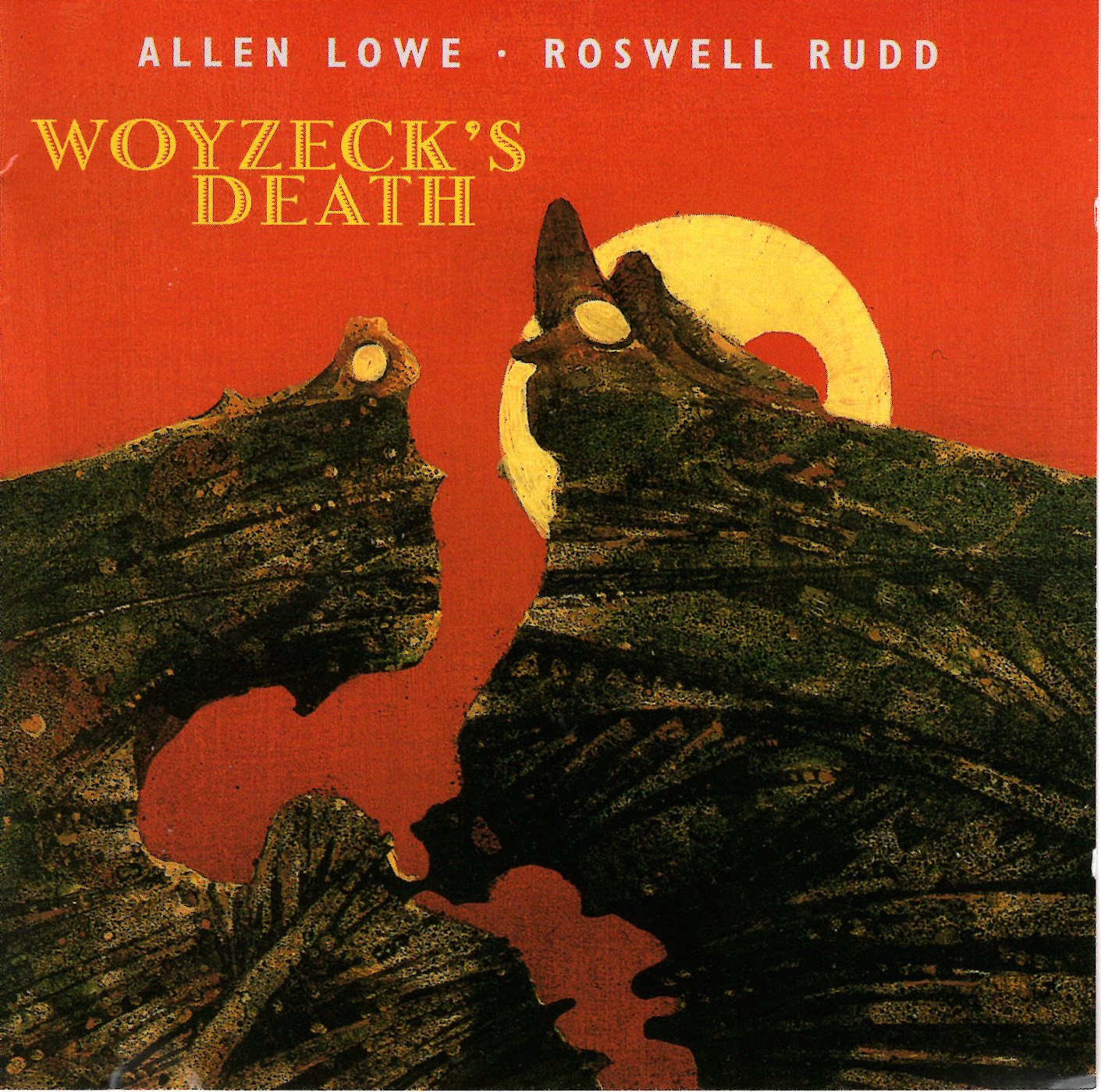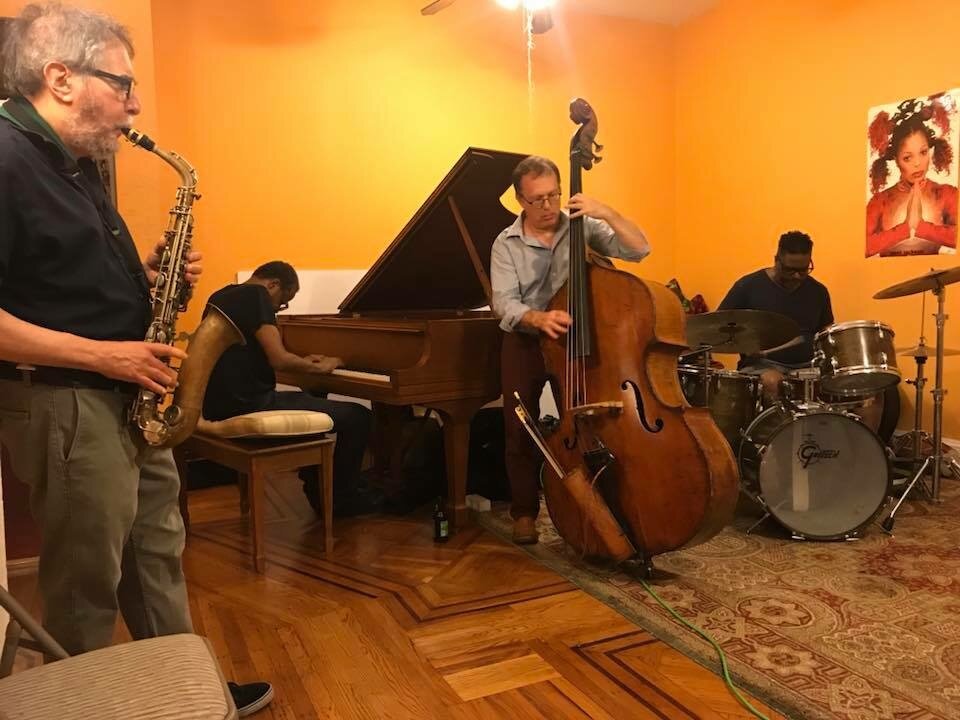This is one more of my “answer” projects, my answer to the word of Wynton Marsalis and Stanley Crouch and a few others who have appropriated the so-called tradition and claimed absolute ownership of same. I was sitting home one day, probably listening to some old music, and thinking: hey, why not do an avant garde version of the music and the musical era(s) of Louis Armstrong?
For the new project I used my then-crew, which included not only Jeff and Ray but a group of students who were in residence at the Wesleyan University music program under the worthy auspices of Anthony Braxton: John Rapson on trombone, Rob Rumbolz on trumpet, and Paul Austerlitz on clarinets – great musicians all but, more importantly, INDIVIDUAL musicians, each with their own sound and approach.
We began rehearsing and then, in order to secure a perch at the Knitting Factory, I decided to call up David Murray, whom I thought would add just the right ingredient, commercially and musically – especially along with the great Doc Cheatham, who agreed to do it (he had recorded with me once before, in my living room, for the New Tango CD) and then, as one more ringer, Loren Schoenberg (Loren, a terrific tenor player, has remained, I think, a little bit under-rated due to his varied extra-musical activities in the biz). It all came together beautifully in this “live” shot from the stage of the Knitting Factory. Doc was pithy and soulful, Murray adventurous, and Loren’s playing perfectly summed up one very important category of post-modern saxophonist: swinging and non-didactic, open to a lot of different ideas, with a take on the “tradition” that was anything but schematic.
Because there were already two tenors I switched to alto for this one, and I sound better, listening to it years later, than I remembered. Dan Morgenstern, who was in attendance that night at the concert, wrote the notes, and we followed with a week at Sweet Basil (where we had Don Byron and then Roswell Rudd, with Jimmy Knepper subbing one night for Ros, but for which Doc, apparently worn down by a group of musicians who liked to play ‘free’ as much as they liked to play on chord changes, dropped out suddenly). Still, Sweet Basil, largely due to the incredibly stimulating presence of Roswell, was musically even better, I think, than the performance at the Knitting Factory. (Sadly, it did not get recorded).
This program includes my one meager homage to Julius (When Jack Ruby Met Joe Glaser,based on an actual meeting between that Dallas co-conspirator and Armstrong’s manager in the months prior to JFK’s assassination, though what they were meeting about, apparently, were union issues related to Ruby’s night club), my attempt at Charles Ives-ian cacophony (Dream Sequence, in which, thanks to the inspiration of that master, I make no attempt to reconcile the keys of the different tunes included) and several references to the great trumpeter Jack Purvis, for whom the band was temporarily named. One again, Jeff and Ray work miracles within my musical outlines. Thanks, guys!
